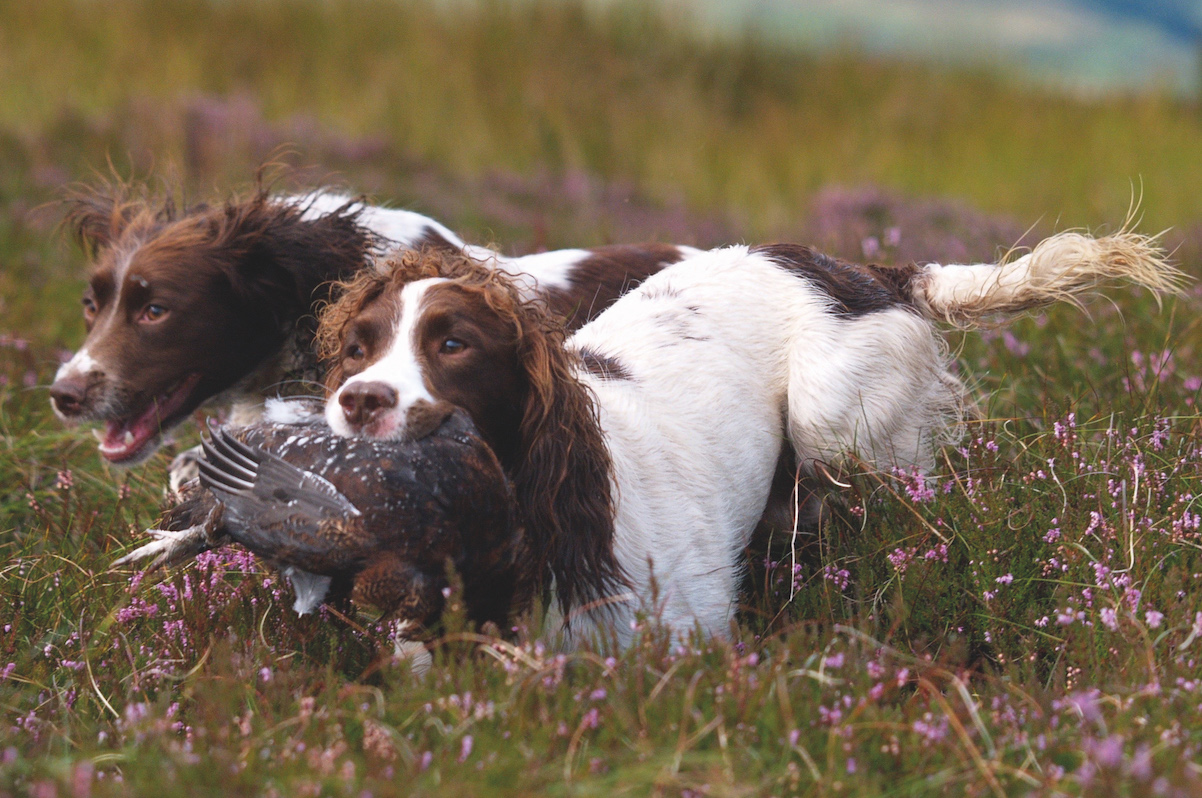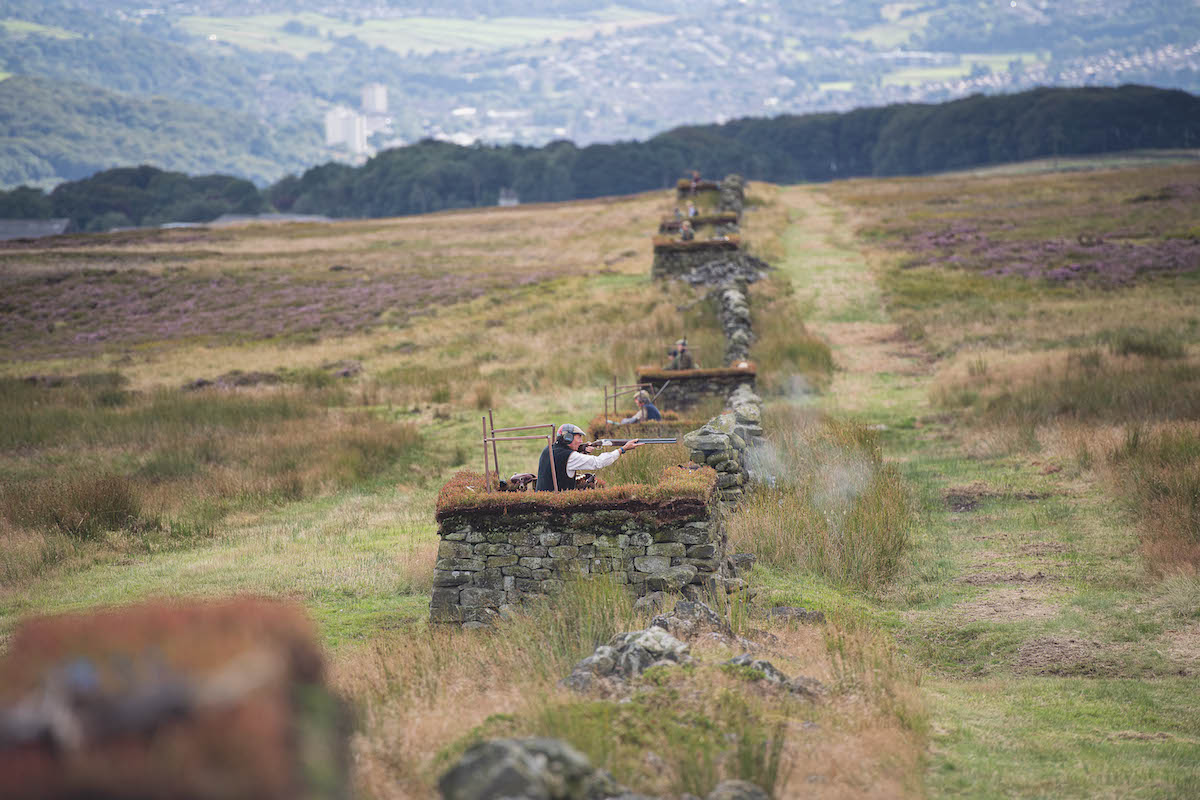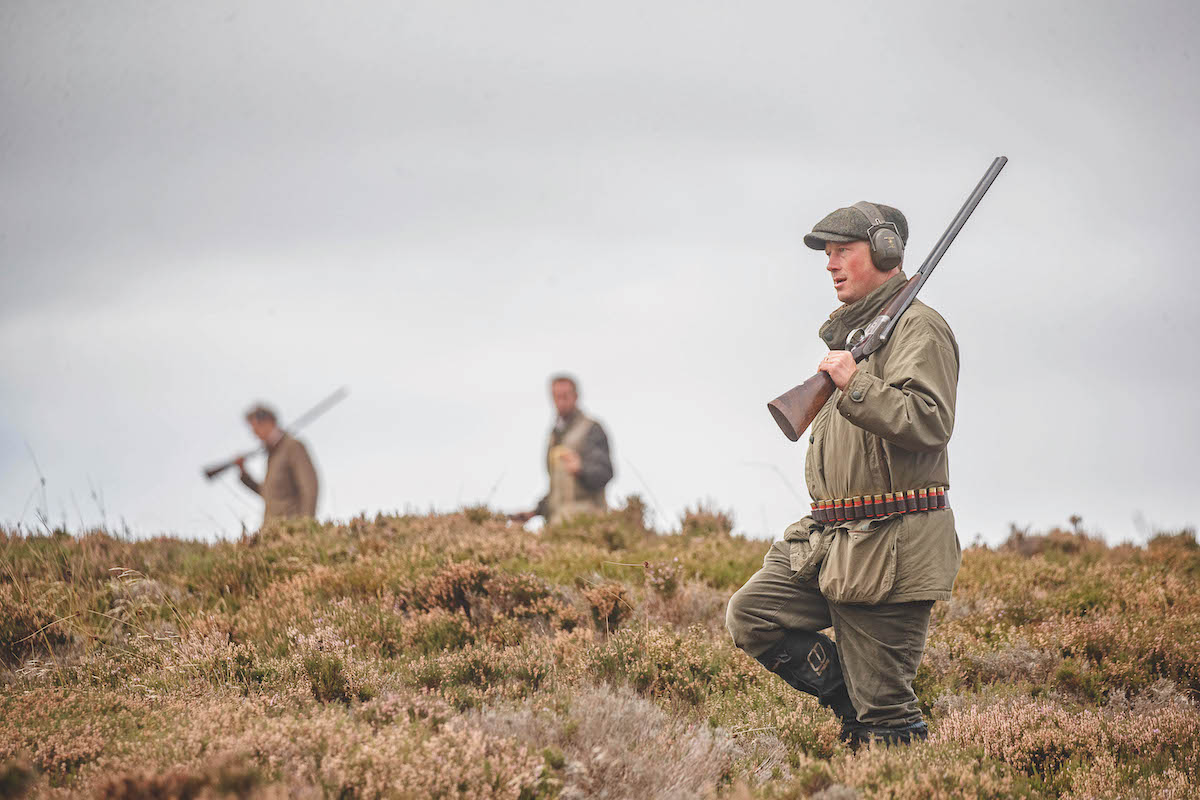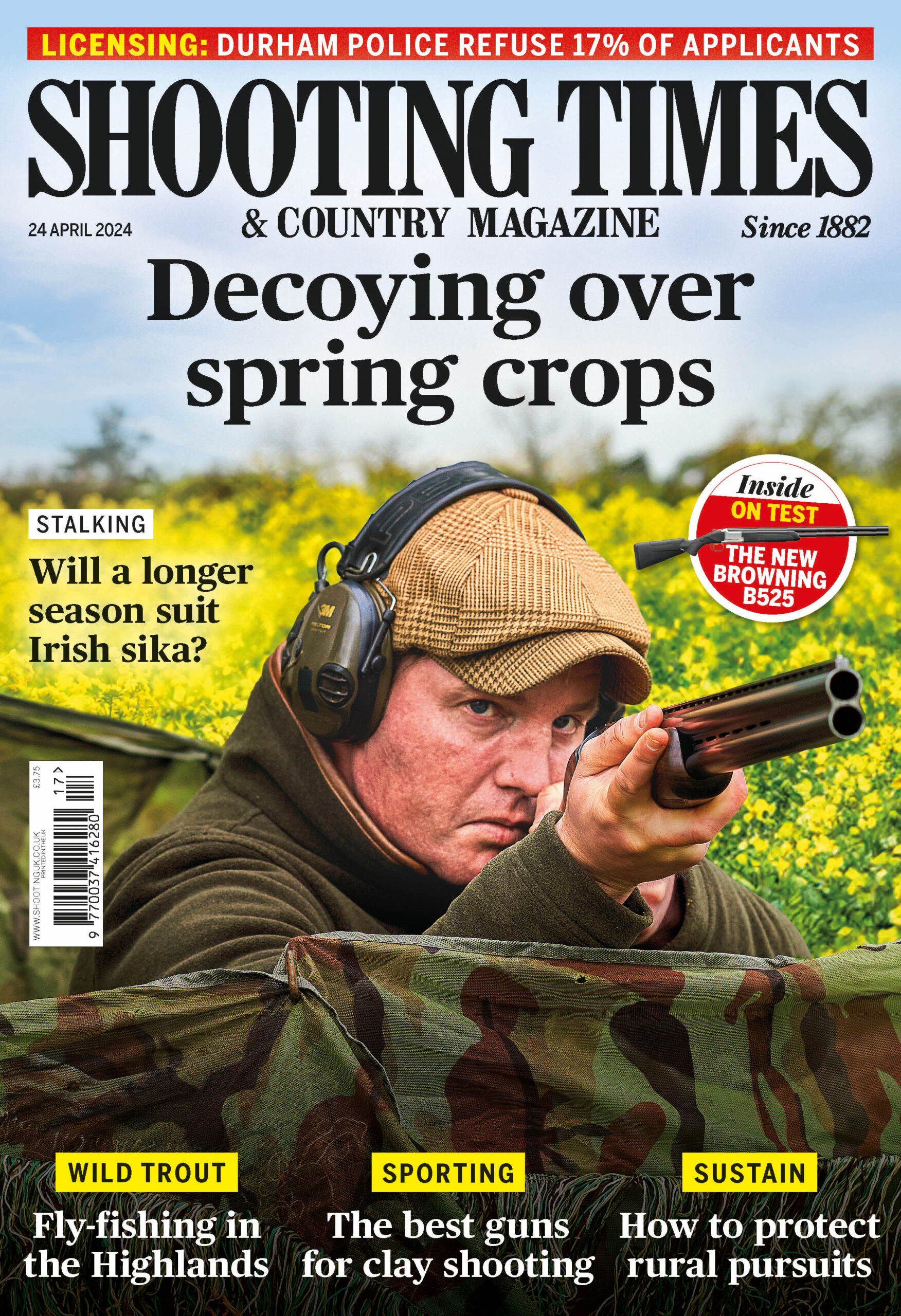Rain and snow could mean a late start for some this grouse season
It won’t be a bumper year for grouse, thanks to the late cold spell, but gamekeepers across England and Scotland are confident that there will still be plenty of sport to be had
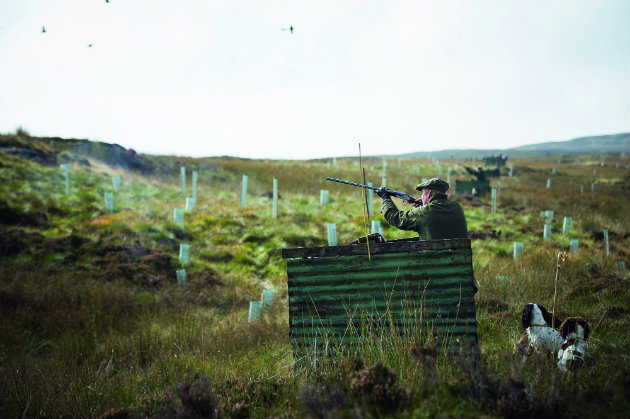
The grouse shooting season opens on Friday, but it's a mixed picture for the sport across the country
Bad weather has once again led to mixed prospects for the start of the upcoming grouse season, according to gamekeepers and sporting agents across England and Scotland.
A prolonged period of wet weather, combined with very late snowfall, has led to reduced brood sizes in some areas and some cancelled days.
However, keepers are confident that good sport will still be found this year, with second clutches having produced birds for a later start.
Diligent gamekeepers
Scottish Gamekeepers Association chairman Alex Hogg commented: “As ever, there are regional variables. There have been some pessimistic forecasts, but there will be premium grouse shooting to be had in Scotland this season.
“Though May was reasonably warm, the weather during the hatching period was far from ideal”
“Some of the spring conditions were testing, with late snowfall, and it may be that some estates have to adjust their programmes a bit. But this is always the case when you are dealing with wild birds.”
Mr Hogg said that the continued diligence and innovation of keepers, by employing cool muirburn and using medicated grit, has helped to conserve grouse numbers.
“Weather, however, is weather and if it means some estates tweaking things to have a better middle and back end of the year, then that is what will be done. There will still be sport comparable to anywhere in the world in Scotland this year,” he explained.
Eggs on top of snow
Ralph Peters, head of estate management with Bidwells property consultants in Perth, said that with grouse counts still to start on many estates, it will not be until the season gets under way that its success or otherwise can be judged.
But Mr Peters acknowledged: “Though May was a reasonably warm month for much of the country, the weather during the crucial hatching period and since has been far from ideal, with significant snow falling and lying on the higher ground — in some areas well into May and beyond. There have even been anecdotal reports of grouse hens laying their clutch of eggs on top of snow.
“Much of the rest of the country’s grouse areas have suffered as a result of deluges of rain,” he added. “That said, there are a number of reports from across the country of very young birds that have been the product of second clutches, which is likely to result in a delayed start to the season for some, but a shoot programme going ahead nonetheless.”
Cancelled August dates
BASC’s northern director Duncan Thomas agreed that some parts of northern England would face a delayed start to the season. He said: “The North West and Forest of Bowland areas have shown a mixed count, generally poor, which is disappointing after a good spring count.
“Prolonged wet weather and maybe some very late snow may have had a negative effect. Many moors have cancelled August dates and are relying on some late broods for some very restrained September shooting. Further east seems to improve with some moors showing a very strong population with big, ‘well-on’, broods,” he added.
National Gamekeepers’ Organisation chairman Lindsay Waddell described a more positive picture in the Pennines, which he said “looks good”.
Mr Waddell explained: “Some of the higher ground suffered somewhat with the snow at the end of April, which has led to some smaller late broods on some moors. There has been some really heavy and localised rain and hail storms, but overall it would appear they have not done much damage.
“As always, the odd moor has not come out of the summer as well as they had hoped, due to those localised conditions mentioned, and as a result may have to cut the odd day or two.
“To sum up, there will be plenty to go around, and in some places, a lot,” he concluded.
The pleasure of working dogs on a grouse moor
For most of us the shooting season is still months away. If, however, you are fortunate enough to work your dogs on the grouse moors,…
The charm of walked-up grouse shooting
Tramping across heather is mesmeric. One step, another; one step, another. Horizons and granite grab the gaze and it’s hard to focus on the…



